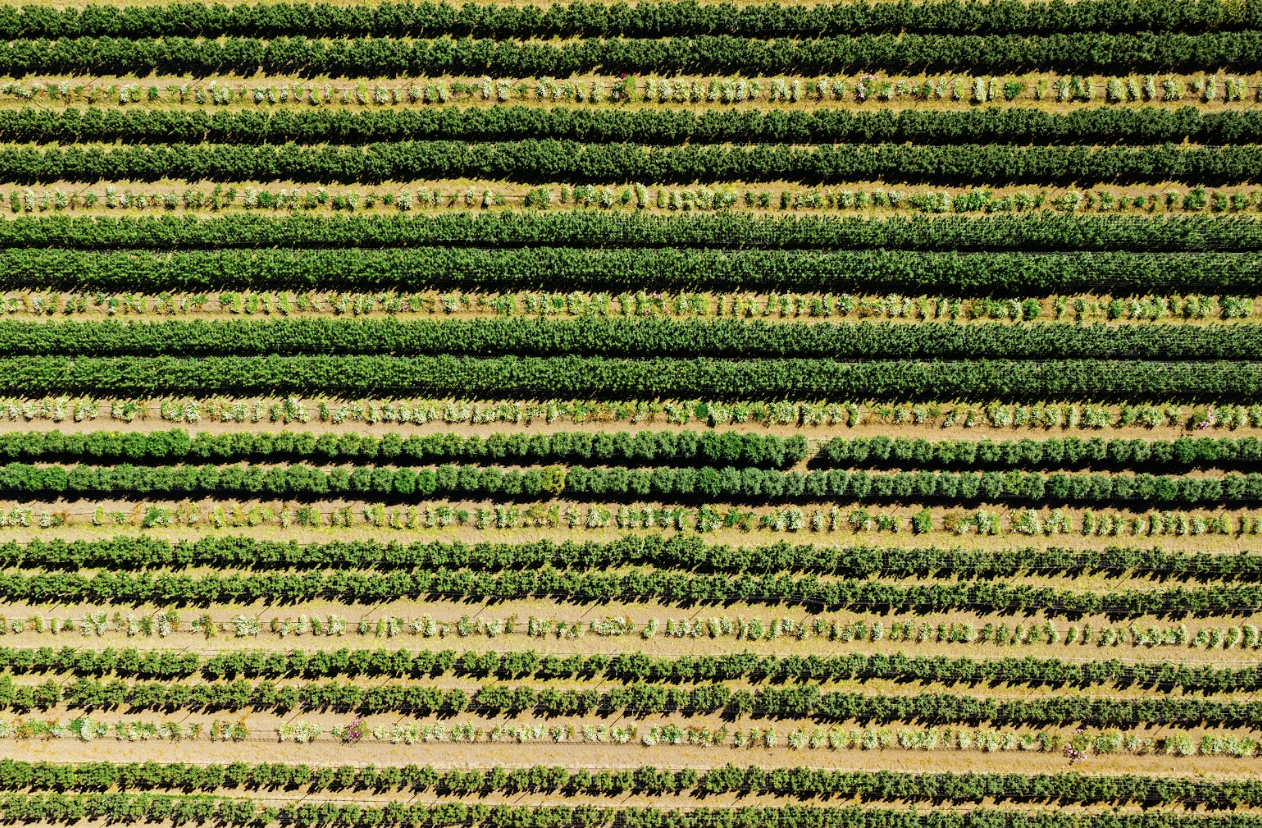Learn about Cannabis Legality
The world of cannabis cultivation is rapidly evolving, with many jurisdictions now allowing individuals to grow their own cannabis at home for personal use. While this may sound like a green dream come true, it’s important to remember that there are still strict legal requirements that must be followed to ensure compliance with local, state, and federal laws. In this blog post, we’ll explore the essential legal requirements you need to know when starting a DIY indoor cannabis grow at home.
Know Your Local Laws
The first and most crucial step in starting an indoor cannabis grow is to research and understand the specific laws and regulations governing cannabis cultivation in your area. Cannabis laws vary significantly from one jurisdiction to another, so you must stay well-informed about the rules in your location. Some key aspects to consider include:
- Cannabis Legalization Status: Determine whether cannabis is legal for recreational or medical use in your state or country. This will be the foundation upon which all other regulations are built.
- Plant Limits: Most jurisdictions impose limits on the number of cannabis plants you can cultivate at home. Make sure you know these limits, as exceeding them can result in legal consequences.
- Security Measures: Understand the security requirements for your cannabis cultivation. This may include measures to prevent unauthorized access and theft.
- Zoning and Land Use: Check local zoning regulations to ensure that growing cannabis is allowed in your residential area. Certain areas impose restrictions on where you can grow cannabis.
- Homeowners Association Rules: If you live in a community with a homeowner’s association, be aware of any rules or covenants that may prohibit cannabis cultivation on your property.
- Environmental Regulations: Some areas have environmental restrictions on outdoor cannabis cultivation, such as water usage limits or restrictions on pesticide use.
Even if cannabis is legal in your state, it remains illegal at the federal level in many countries, including the United States. Furthermore, federal law can impact various aspects of cannabis cultivation, such as banking, taxation, and interstate transportation. Federal enforcement in states with legal cannabis programs has been limited in recent years. However, it is important to understand the federal stance on cannabis. Stay informed about any potential changes in the law.
